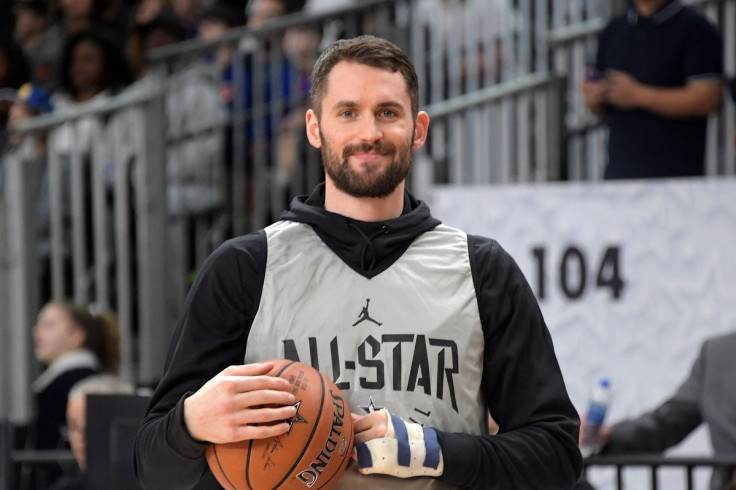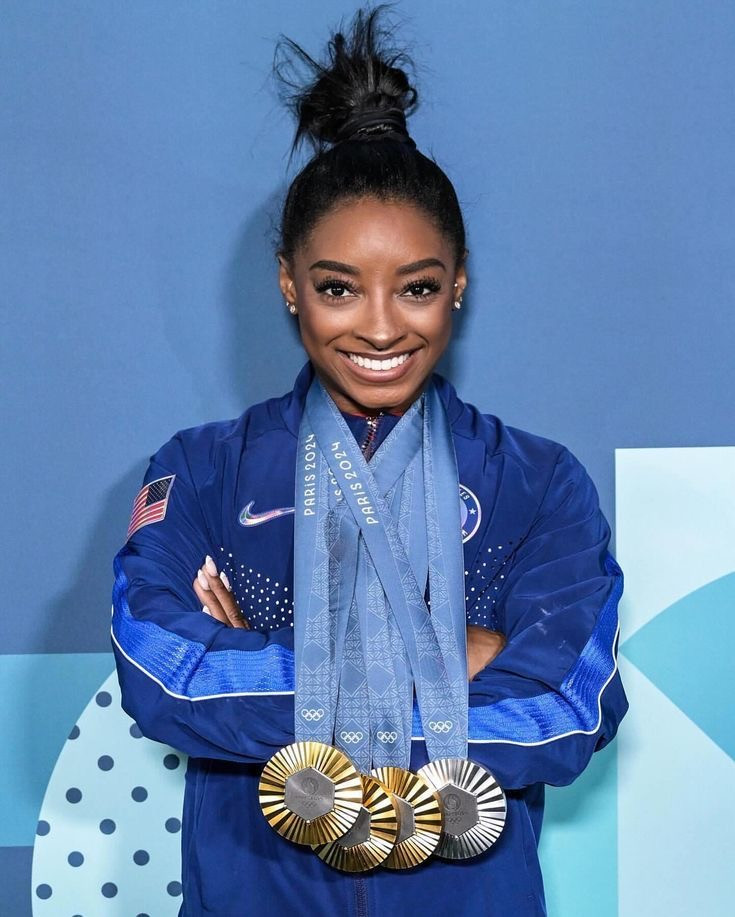
Mental health in sports is finally receiving the attention it deserves. Simone Biles and Kevin Love have played leading roles in changing how mental wellbeing is discussed and supported in US athletics by sharing their personal struggles openly.
Simone Biles: Prioritising Mental Health Over Olympic Glory
Simone Biles, one of the most decorated gymnasts, withdrew from several events at the Tokyo 2020 Olympics due to the 'twistier' a dangerous loss of spatial awareness that affects gymnasts mid-routine (Self). She revealed that the isolation caused by the COVID-19 pandemic worsened her anxiety and disrupted her sleep, making competition unsafe.
Beyond the 'twisties', Biles is a survivor of sexual abuse by former USA Gymnastics doctor Larry Nassar. She has spoken openly about how this trauma affected her mental health and why she chose to focus on her wellbeing instead of pushing through.
Biles's decision sparked a vital conversation about the mental pressures elite athletes face. According to a 2021 NCAA study, 30% of collegiate athletes reported symptoms of anxiety or depression severe enough to affect their performance. Her openness helped make this often hidden struggle more visible.

Kevin Love's Brave Disclosure Changed Attitudes to Men's Mental Health
NBA star Kevin Love publicly shared his experience of suffering a panic attack during a game, something he had hidden for years due to stigma around men's mental health (Time). His essay revealed how anxiety and depression affected his life and career before he sought professional help.
Love's honesty challenges the stereotype that male athletes must be mentally invulnerable. The American Psychological Association reports men are less likely than women to seek help for mental health issues, despite experiencing similar rates of illness. Love's advocacy encourages male athletes and others to seek support without shame.
Why Mental Health Challenges Affect Even the Most Successful Athletes
Both Biles and Love demonstrate that mental health struggles do not discriminate. Anxiety, depression and trauma impact athletes regardless of their fame or success. Their stories highlight that mental wellbeing is critical to safety and performance.
The NCAA recommends all athletic programmes employ mental health professionals, acknowledging that over 40% of athletes experience significant stress or anxiety during their careers. This statistic underlines the urgent need for support.
How Sports Organisations Can Better Support Mental Wellbeing
To build on the progress started by Biles and Love, sports organisations should:
- Provide athletes with easy access to mental health professionals.
- Educate teams and staff to recognise signs of mental distress.
- Foster an environment where vulnerability is accepted and supported.
These steps will help normalise mental health care as part of athletes' overall training and health.
The Lasting Legacy of Simone Biles and Kevin Love's Mental Health Advocacy
Simone Biles and Kevin Love have transformed the mental health conversation in US sports. Their courage has helped dismantle stigma, encouraging open dialogue and better support systems.
Their stories serve as a powerful reminder that mental wellbeing is essential, not optional, for athletes at all levels. By prioritising self-care and speaking out, they offer hope and guidance to others facing similar struggles.







